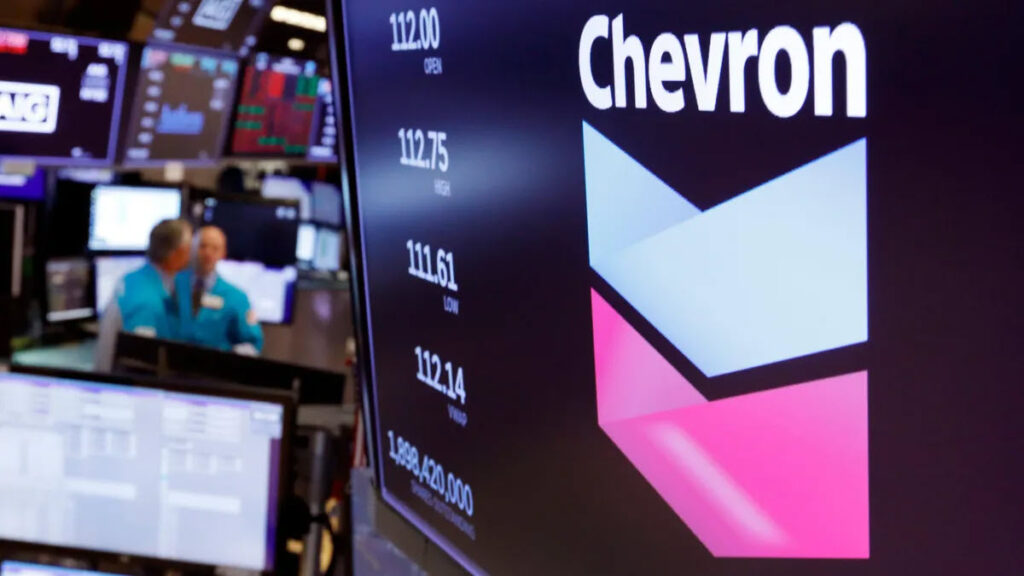In an interview with CNBC that aired Wednesday, Mike Wirth, the CEO of Chevron, said that it would not invest in renewable energy, instead allowing its shareholders to use money earned from the company and “let them plant trees.” Glad he came right out and said it!
The interview came on the heels of an investor meeting this week, where Wirth and other Chevron executives presented the company’s Energy Transition Spotlight, focusing on how Chevron says it’s investing more in energies that can help save the planet. Chevron is America’s biggest oil company, taking the title from Exxon last fall, and is the largest investor-owned source of global carbon emissions since 1965. If there’s any oil company that could benefit from turning over a greener leaf, it’s this one.
Wirth added a little Big Business context to his “let them eat cake”—sorry, “plant trees”—comments. “One of the things we’ve chosen not to go into is wind and solar,” Wirth continued in the CNBC interview. “These are technologies that are relatively mature. There is plenty of capital that’s available. The returns in wind and solar are actually being bid down, and we’ve concluded that management in our company can’t create value for shareholders by going into wind and solar.”
Again, this interview was airing on CNBC, so this might sound great to conscious investor types. If wind and solar are such a crowded space, why not invest in technologies that could help the planet and also need more investment? If you only pay attention to Chevron’s press releases about its investor meeting, it sounds like the company is really genuinely making an effort to change the types of energy it creates. As CNBC reported, Chevron announced Tuesday it is “more than tripling its capital investment in its lower-carbon energy businesses,” pledging $10 billion over the next 8 years to this section of the company, a hefty jump up from the $3 billion earmarked before. Capitalism can save the planet, you guys!
But let’s poke this bear a bit, shall we? “Lower-carbon” is, first off, an interesting term. As journalist Amy Westervelt pointed out, it’s one of an increasing number of buzzwords Big Oil has started using to convince the general public that they’re working on this whole climate change thing—while hiding the fact that they’re continuing to produce products that drive up emissions. It’s a useless phrase that simply sounds nicer than “something that will fry the climate a little more slowly than what we’ve been doing for decades.”

